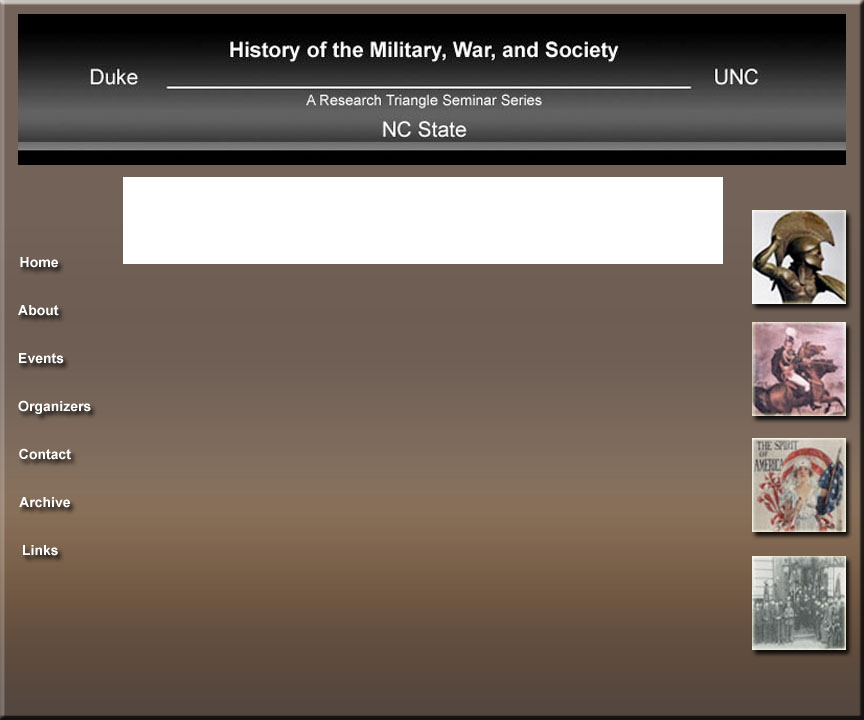
|
October 2, 2009 Laura McEnaney (Whittier College) A State of Contradictions: The presentation will focus on the demobilization from World War II in the United States as a way of understanding peace as an own historical process. More than merely war’s postscript, peace is an intensely political moment in which people struggle over the terms of reintegration and rebuilding, the meanings of citizenship and entitlement, and the role of government in delivering its wartime promises. In post-conflict societies, citizens and policymakers know that the cessation of organized violence does not mean the cessation of conflict. Looking at the veteran demobilization, the presentation explores how war’s aftermath set in motion a new round of debates about the size and scope of the liberal state. It traces veteran demobilization as both urban social history and national policymaking about the appropriate role of government in a demobilizing but still militarizing state and suggests a new way of thinking about “postwar” moments, an emerging Cold War militarization, and the politics of welfare in the postwar United States. Laura McEnaney is the Nadine Austin Wood Chair in American History at Whittier College, California. She is the author of Civil Defense Begins at Home: Militarization Meets Everyday Life in the Fifties (Princeton, 2000). Currently she is working on a project entitled World War II’s “Postwar”: A Social and Policy History of Peace, 1944-1953 that explores demobilization from World War II as an urban social history. Her first article from that project, “Nightmares on Elm Street: Demobilizing in Chicago, 1945-1953,” Journal of American History 92 (2006), won the Binkley-Stephenson Award for the best scholarly article published in the JAH that year. Co-sponsored by the Triangle Institute for Security Studies . |